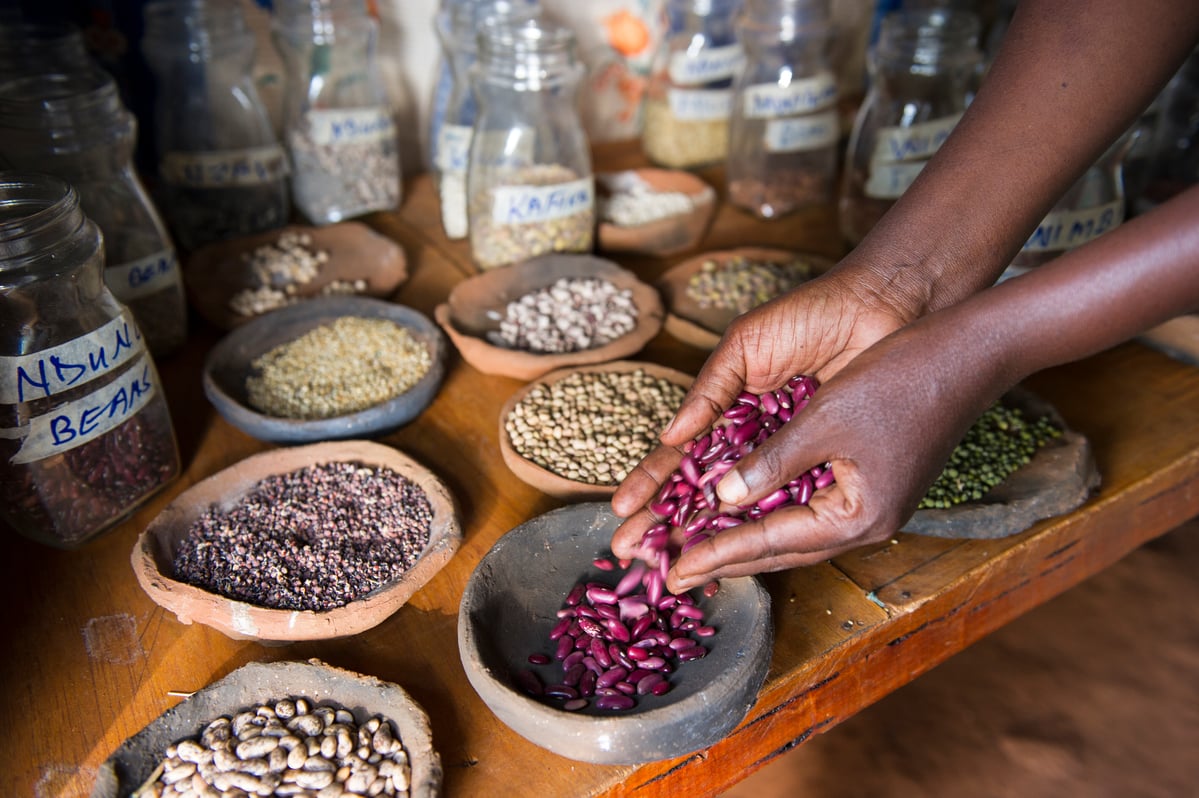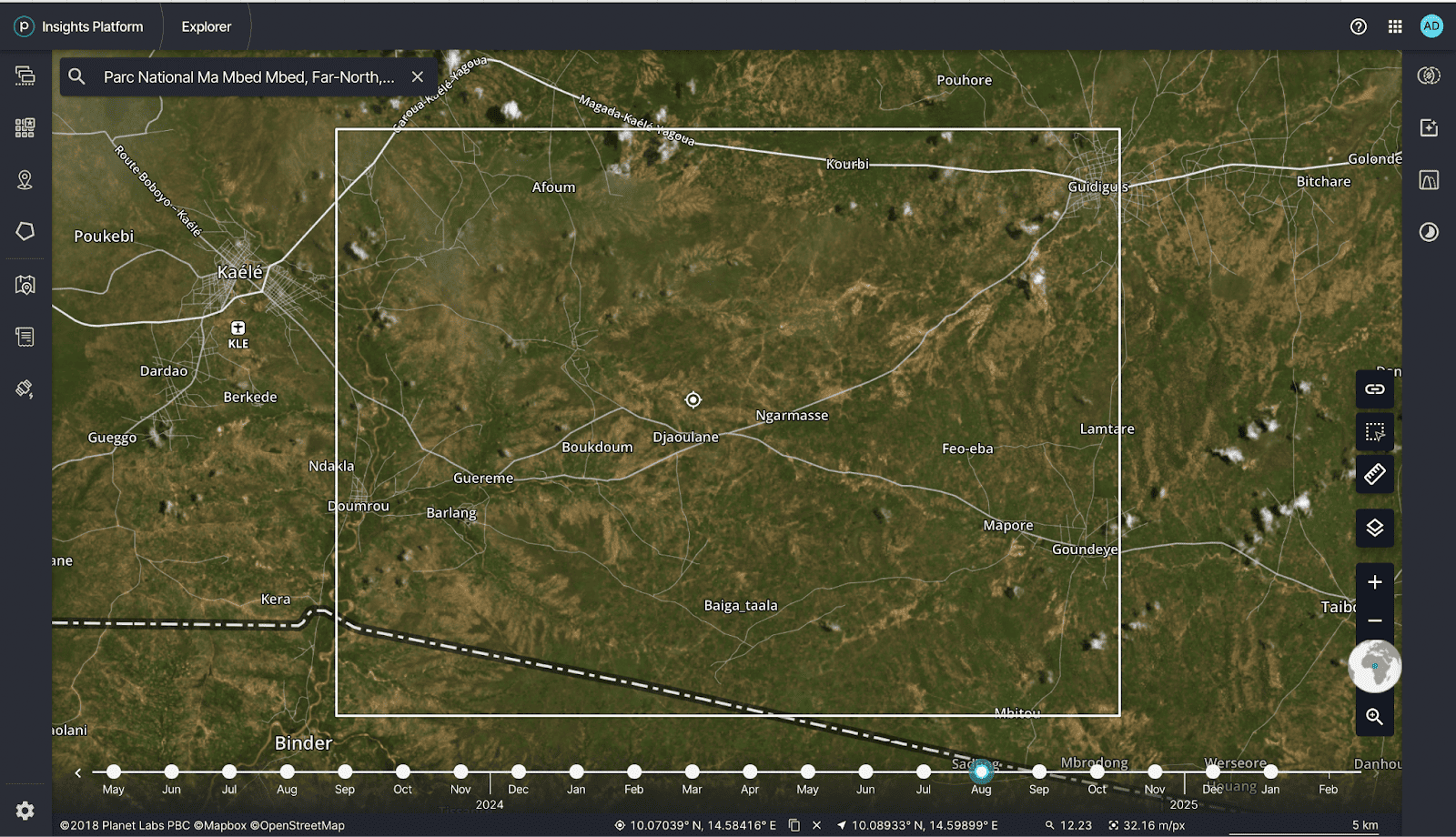Yaoundé, 15th March 2024 – The National Climate Change Observatory recently published its climate forecast bulletin for March, April and May, predicting heavy showers throughout the country, with risks of flooding in early March. These heavy rains and the intense heat forecast are mainly due to climate change”, the report states. Greenpeace Afrique is calling on the Cameroonian government to take radical measures upstream to prevent the situation from worsening.
Stella Tchoukep, Forest Campaigner at Greenpeace Africa, said
“The rainy season is only just beginning, and already the damage is worrying. It’s sad, but this heavy rainfall should be a strong signal of the impact that climate change can have on the lives of Cameroonians. Let’s not wait for cyclones to hit us, as is the case elsewhere, before taking the necessary measures. The human actions which cause climate changes are well known: the extraction of fossil fuels (coal, gas, oil), deforestation, etc. It’s up to us to decide whether to continue with these practices and sacrifice the well-being of current and future generations.”
This phenomenon is not new. In recent years, Cameroon has experienced several cases of flooding as a result of torrential rains, with deaths occurring on several occasions. In 2020, 64 people died and 160,000 others were affected in the Septentrion as a result of flooding. It should also be noted that these heavy downpours are not without impact on the country’s economy and development.
“The effects of climate change, as we have sadly seen in recent days, are capable of wiping out the fruits of years of hard work. In the agricultural sector, heavy rainfall could accelerate the leaching of cultivated soils, reducing their fertility. Farmers will therefore have to work harder to obtain a low yield. This could lead to an increase in the price of foodstuffs at a time when purchasing power is dwindling over the years,” adds Stella.
“The situation is more difficult for women living close to agro-industries, mining and forestry. They have very limited and insecure access to land, and the exploitation of natural resources itself causes major environmental damage. Heavy rainfall will only increase their vulnerability further, as they have no means of mitigation or mitigation measures. And these difficult beginnings augur well for a difficult rainy season in Cameroon, which in the Grand Sud will continue for several more months,” concludes Stella.
In May 2023, a report published by the Ministry of Agriculture and Rural Development indicated that 3 million people in Cameroon were in a situation of acute food insecurity, i.e. around 11% of the population. The report pointed the finger at climate change as one of the causes of this situation.
For interview request,
Luchelle Feukeng, Communications and Storytelling Manager, Greenpeace Africa
+237 656 46 35 45
Stella Tchoukep,
Forest Campaigner, Greenpeace Africa
+237 6 94 59 06 79



